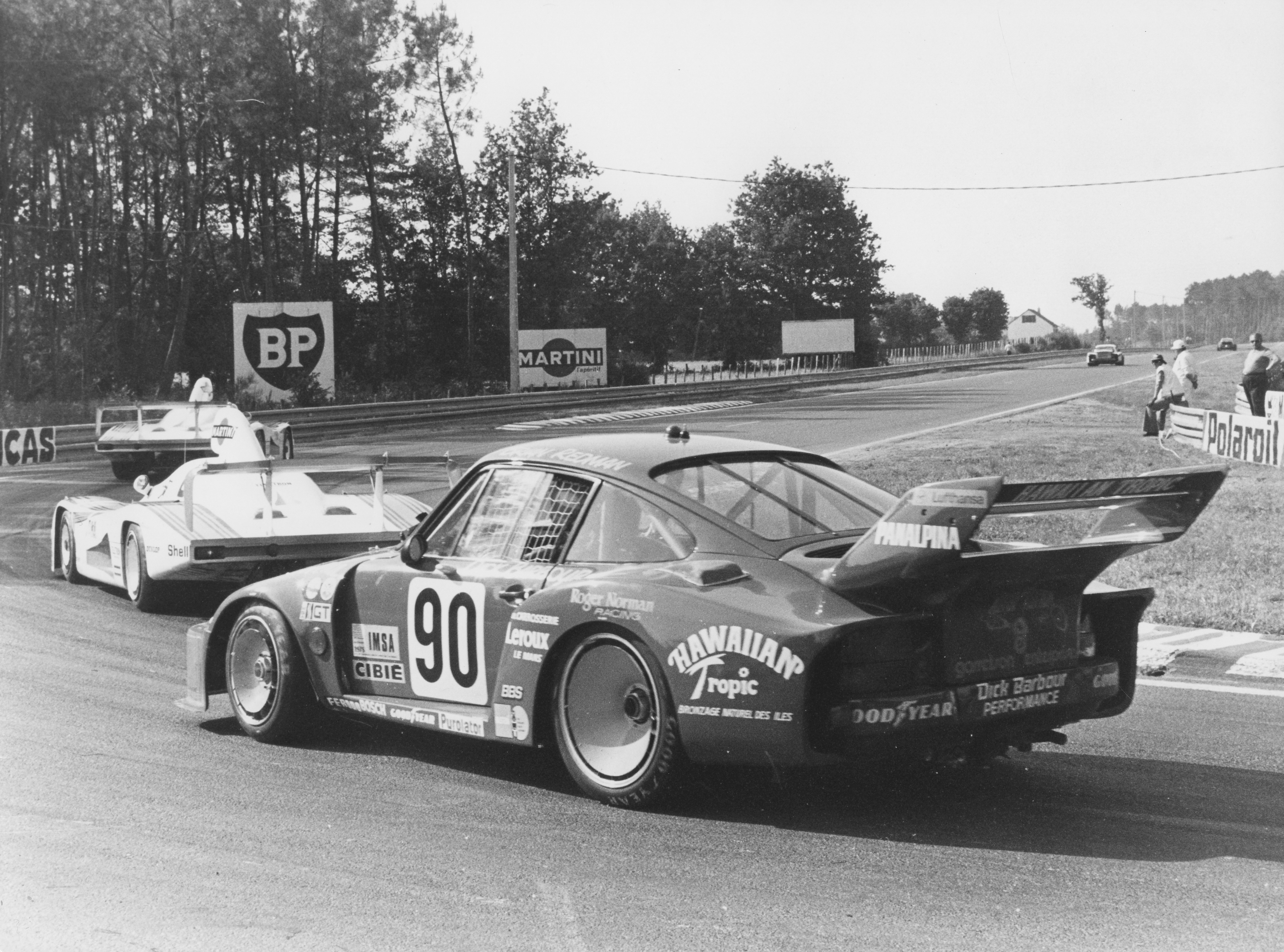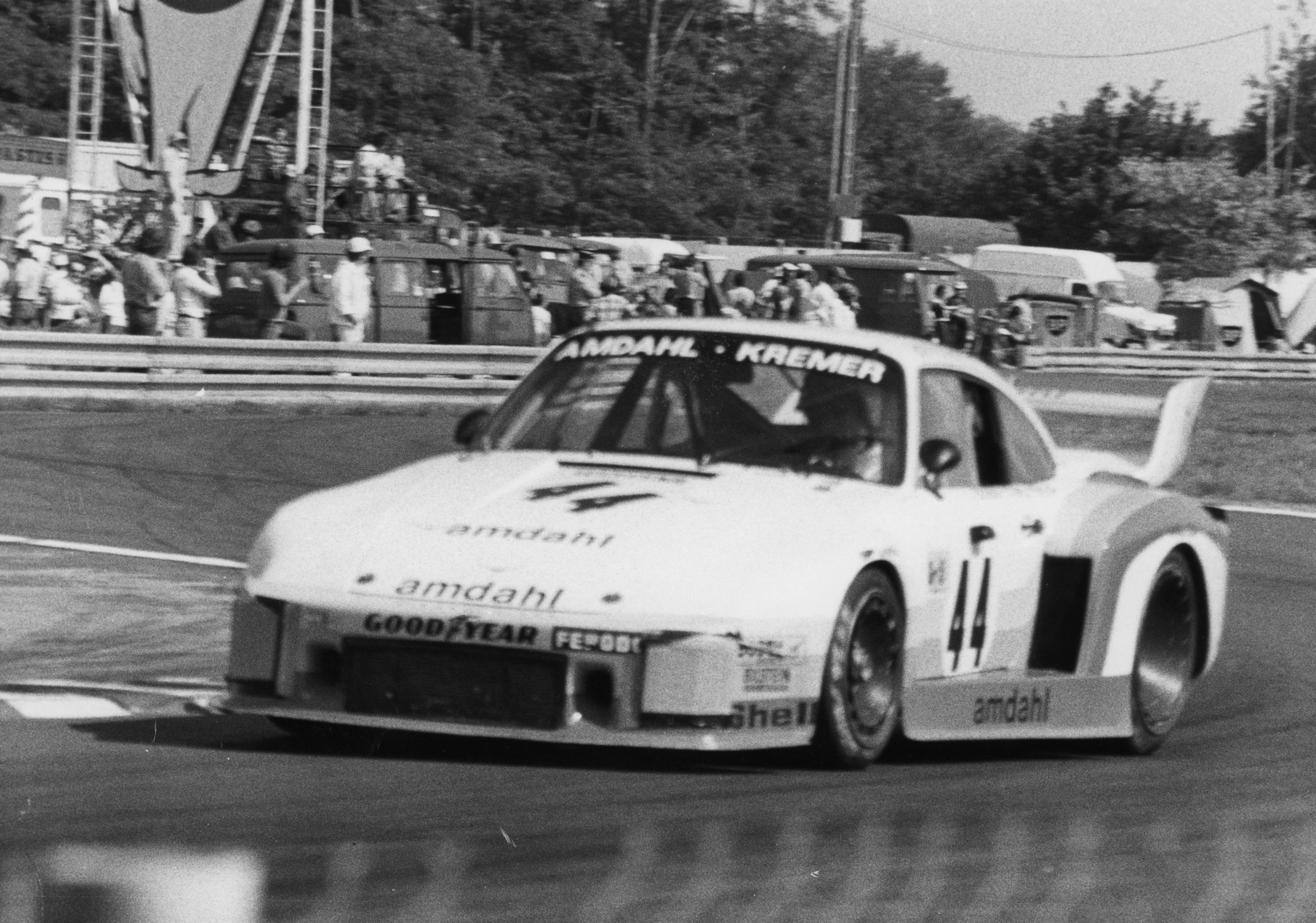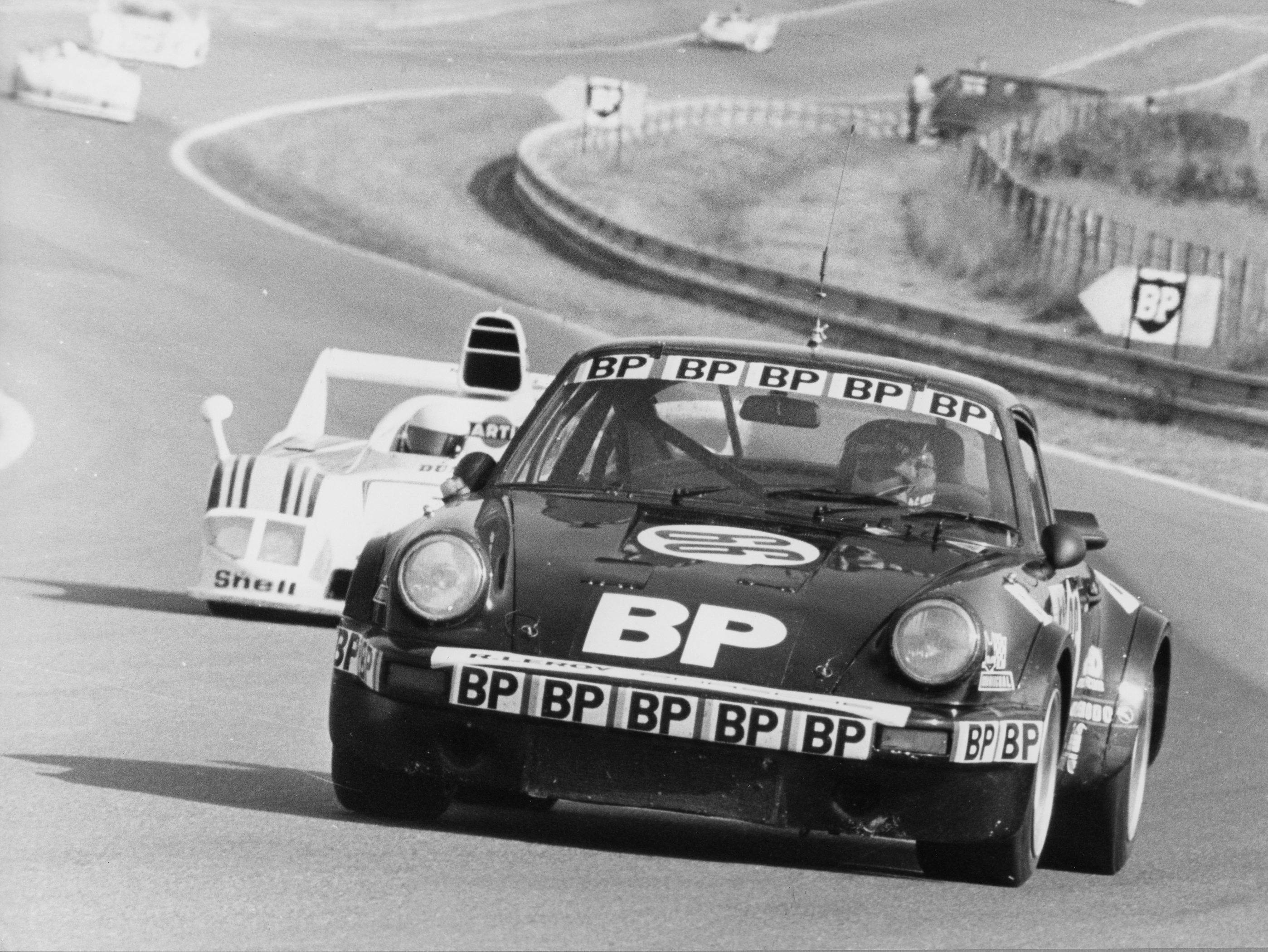Le Mans’ reputation for fierce two-way face-offs was revived in 1976 with a series of clashes pitting Porsche against Renault.
At the time, both constructors were using the same turbocharged engine technology but pursuing radically different agendas. The Porsche 936 claimed the first Le Mans 24 Hours victory for this type of engine, while Renault took advantage of the the French endurance classic to develop its set up with a Formula One crown as its ultimate goal.
The Porsche 936 beat Renault in 1976 and 1977 so the French marque was extremely keen to clinch a 24 Hours win in 1978. Unfortunately, the race ended early for Jean-Pierre Jabouille and Patrick Depailler and their Renault Alpine A443, but that left the way clear for Didier Pironi and Jean-Pierre Jaussaud, who finished first past the chequered flag as Renault Alpine totally dominated the race. While Porsche failed to top the hourly rankings even once, the 936 finished second and third overall. Early in the race, Jacky Ickx had struggled in the car he shared with Henri Pescarolo so switched to join Bob Wollek and Jürgen Barth. The trio finished second ahead of team mates Hurley Haywood, Peter Gregg and Reinhold Joest.
Meanwhile, another Porsche caused a stir at the 1978 24 Hours. With its 935/78, Porsche continued to explore the Group 5 concept (introduced in 1976 for special production sports cars as a ‘silhouette’ formula ), with a plunging front end and an elongated rear vaguely reminiscent of the 917 LH (‘Langheck’ or ‘long tail’) prototypes from 1970-71.
When it was first revealed in tests, its dramatic looks and immaculate livery earned it the nickname ‘Moby Dick’ after the fearsome white whale in Herman Melville’s novel. In the run-up to the 24 Hours, Jacky Ickx and Jochen Massat steered the car to victory at the 6 Hours of Silverstone. At Le Mans, it was driven by Rolf Stommelen and Manfred Schurti, a pair of German 935 specialists who finished 8th after a spate of technical issues.
At the time, there were no chicanes on the Mulsanne Straight where Moby Dick achieved the fastest speed recorded at the 24 Hours that year (366 kph). It qualified for the third place on the starting grid, amid the Renault-Alpine and Porsche 936 prototypes who would be battling for victory. Even though an overall win would remain out of reach because of the car’s excessive fuel consumption ,the 935/78 remains one of the most fascinating Porsche’s to have graced the Circuit des 24 Heures.
The 1978 win for Pironi and Jaussaud marked the end of the skirmishes between Porsche and Renault at Le Mans. On 1st July 1979, the French manufacturer pulled off its Formula One gamble on home turf when it clinched the first Grand Prix victory for a turbocharged engine.
Fast forward a decade and Porsche encountered a new challenger, this time from across the Channel. The story of its awesome showdown with Jaguar will feature in our next episode!
Photos (© ACO archives) - Top, In qualifying, the extremely fast #43 Porsche 935/78 ‘Moby Dick’ was only beaten by the Porsche 936 (Ickx/Pescarolo), which took pole position, and the Renault Alpine (Jabouille/Depailler). Above, from left to right: In 1978, Porsche took three class wins thanks to Brian Redman/Dick Barbour/John Paul Sr (#90, 4th overall), Jim Busby/Rick Knoop/Chris Cord (#44, 5th overall) and Le Mans native Anny-Charlotte Verney, teamed with Xavier Lapeyre and François Servanin (#66, 12th overall).




